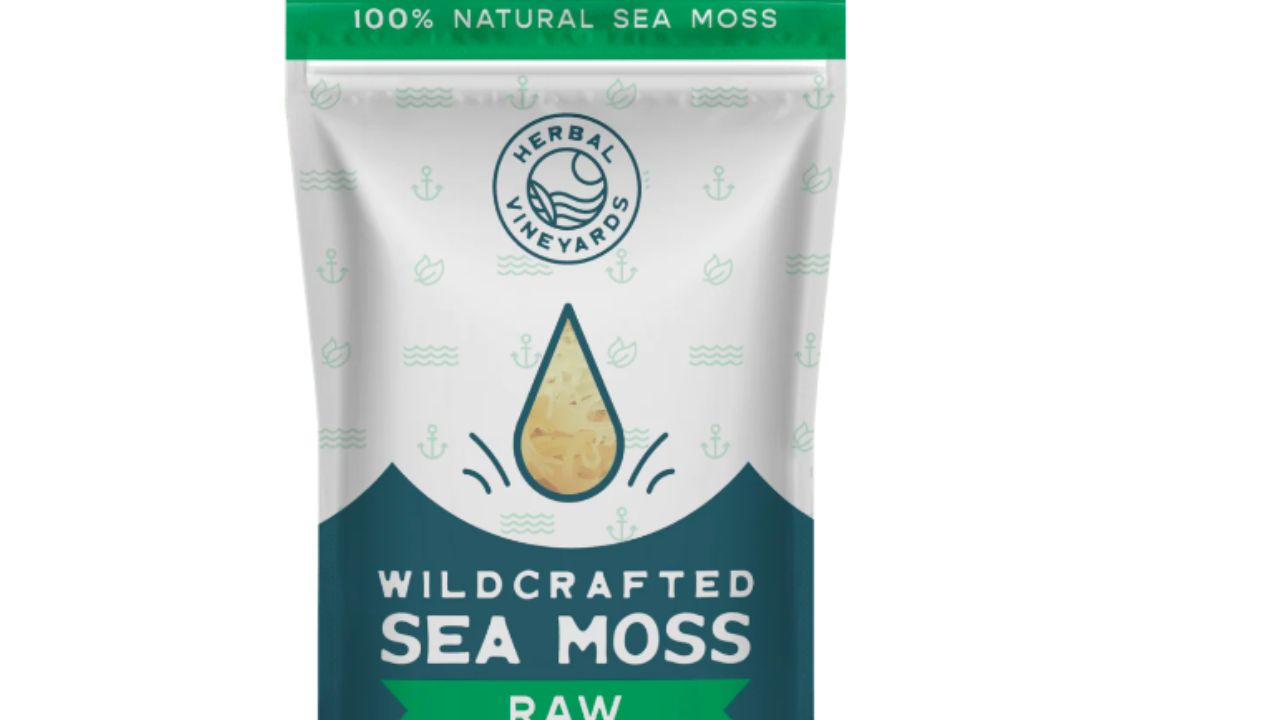
Carrying and nurturing a new life in your body is an exciting and awe-inspiring journey. And in this journey, there is a lot – from the routine tests to taking care of yourself – for all the mothers to figure out.
Out of it all, your diet is by far the most important thing to consider. A great diet is crucial not just for the mother but also for the development and growth of the baby.
Looking for ways to make your diet more nutritional?
To all the soon-to-be mothers, raw sea moss – a great superfood – is one of the best foods for pregnancy. Whether you want to make your smoothie a bit healthier or stick to your regular tea, adding raw sea moss will do the job for you!
But do you have doubts about whether it is really safe to consume in pregnancy? If yes, we have answers for you in our following guide:
Safety in Pregnancy
Ensuring maternal and fetal safety becomes crucial when embarking on the pregnancy journey.
While sea moss is generally deemed safe for consumption, prudent considerations must be observed for pregnant women:
Risk of Contamination and Quality Assurance: The sourcing and processing of sea moss play pivotal roles in mitigating potential hazards associated with bacterial contamination, heavy metals, or other harmful substances.
Selecting reputable suppliers known for adhering to stringent quality standards and sourcing sea moss from pristine waters can help minimize these risks.
Allergen Concerns: Despite its nutritional bounty, sea moss, like other seaweeds, may trigger allergic reactions in susceptible individuals.
Expectant mothers with known allergies to sea moss or related marine products should exercise caution and abstain from its consumption to avoid potential allergic responses that could jeopardize maternal and fetal well-being.
Iodine Intake Management: Rich in iodine, a vital micronutrient essential for thyroid function and fetal development, sea moss can serve as a valuable dietary source.
However, excessive iodine intake during pregnancy can pose risks, including thyroid dysfunction and adverse effects on fetal growth.
Hence, meticulous monitoring of iodine intake through sea moss consumption is imperative, with consultation with healthcare providers being strongly advised to ensure optimal maternal and fetal health outcomes.
Digestive Tolerance: Carrageenan, a polysaccharide in sea moss, lends it a gel-like consistency and is a natural thickening agent.
While carrageenan is generally recognized as safe, some individuals may experience gastrointestinal discomfort, such as bloating or diarrhea, particularly with excessive consumption.
Pregnant women should heed their body’s response and moderate sea moss intake accordingly to prevent potential digestive disturbances.
What Are The Benefits of Consuming Sea Moss
Amidst the safety considerations, raw sea moss holds promise in furnishing several potential benefits for pregnant women:
Nutritional Fortification: Enriched with a spectrum of essential nutrients, including vitamins, minerals, and antioxidants, sea moss supports maternal health and facilitates optimal fetal development throughout the gestational period.
Gastrointestinal Support: The soothing properties attributed to the gel-like composition of sea moss hold promise in improving gastrointestinal discomforts commonly encountered during pregnancy, such as constipation.
Its inclusion in the diet may help alleviate such symptoms, promoting digestive wellness for expectant mothers.
Immune Resilience Enhancement: It contains vitamins and antioxidants that boost immune resilience—an attribute of particular significance during pregnancy, wherein the immune system undergoes dynamic modulation.
By fortifying immune defences, sea moss may aid in safeguarding maternal health and optimizing pregnancy outcomes.
Things To Consider When Consuming Sea Moss
Here are some of the things to consider if you are opting for consuming sea moss:
Buy It From Reliable Sources: Prioritize sourcing sea moss from reputable suppliers renowned for their commitment to upholding stringent quality standards.
Consume It In Moderation: Exercise moderation in sea moss consumption, particularly during pregnancy, where adherence to prudent dietary practices assumes heightened significance.
Initiate incorporation gradually, monitoring individual tolerance levels and heeding cues from the body to avert overconsumption.
Healthcare Consultation: Before integrating sea moss into the pregnancy diet, enlist the guidance of healthcare providers or registered dietitians. This approach facilitates informed decision-making tailored to individual health status and ensures alignment with prenatal care objectives.
Conclusion
The journey of pregnancy is a remarkable and transformative experience.
For those seeking to enhance the nutritional quality of their diet during pregnancy, raw sea moss emerges as a stellar superfood option.
However, concerns about safety naturally arise, particularly regarding potential risks associated with sea moss consumption during pregnancy.
But with careful consideration and informed decision-making, sea moss can be a valuable addition to a pregnancy diet!
